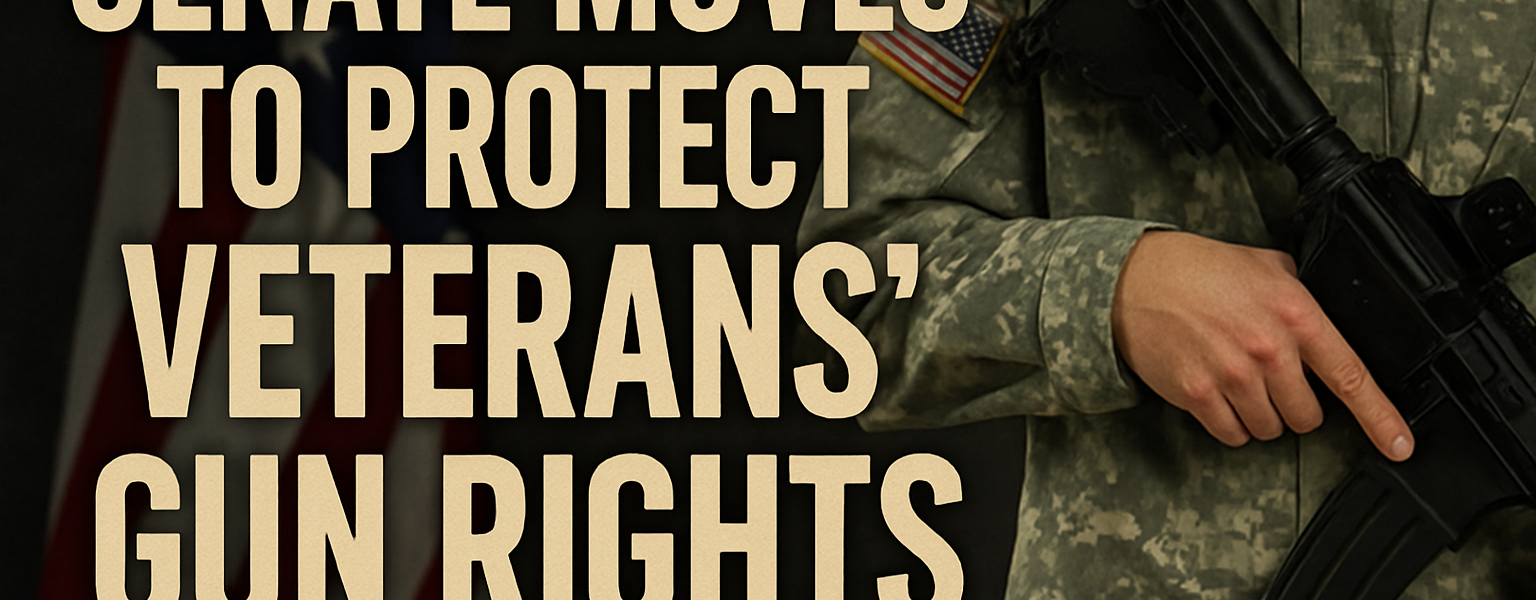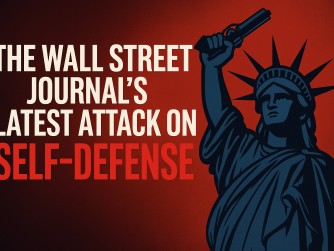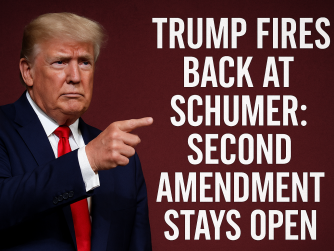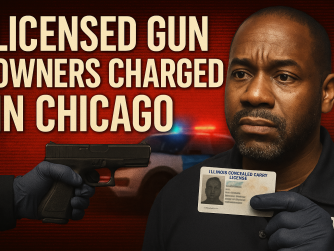Why this fight matters for every American who cares about the Second Amendment
Tonight, in a rare moment of clarity amid congressional gridlock, the U.S. Senate approved a legislative package to reopen the federal government. Buried in the broader fight over funding was a critical victory for veterans and for every American who believes constitutional rights don’t evaporate when Washington finds it convenient.
Included in the package was the Military Construction, Veterans Affairs, and Related Agencies bill, which—thanks to persistent pressure from gun-rights lawmakers and advocates—retains a vital safeguard preventing the Department of Veterans Affairs from automatically revoking a veteran’s right to own a firearm simply because they have been assigned a fiduciary to help manage their benefits.
For years, the VA maintained the controversial practice of flagging certain veterans—often older, disabled, or recovering from injury—as “mentally incompetent” solely because they needed administrative help with paperwork or finances. That bureaucratic label was then reported to the FBI’s NICS background check system, resulting in veterans losing their Second Amendment rights with no hearing, no judge, and no due process.
To Second Amendment advocates, it was one of the most egregious examples of rights being stripped by unelected officials under the guise of “safety.”
Tonight’s action signals a major step in reversing that legacy.
A Bipartisan Stand for Constitutional Rights
In an era when bipartisanship is nearly extinct, this protection has found champions on both sides of the aisle—something that speaks volumes about how indefensible the VA’s previous policy was.
House Veterans’ Affairs Committee Chairman Mike Bost (R-IL-12),
Senate Veterans’ Affairs Committee Chairman Jerry Moran (R-KS),
and Sen. John Kennedy (R-LA)
have spearheaded legislation that would permanently codify this protection, ensuring that the VA can never again unilaterally strip rights from those who served.
Their message is simple:
Needing help with your benefits does not make you a danger to society.
Veterans who shed blood for this country should not have to fight their own government to keep the freedoms they defended.
Why This Fight Matters
To many gun-rights advocates, this isn’t just about veterans.
It’s about precedent.
If Washington can take constitutional rights from veterans—arguably the group most familiar with firearms and most trusted with national defense—based on a bureaucratic checkbox, what’s to stop federal agencies from applying the same logic to civilians?
“Financial mismanagement”?
“Difficulty completing forms”?
“Needing help with medical decisions”?
These are not—and never should be—grounds for losing a constitutional right.
The Second Amendment does not come with a competency test administered by federal employees. It is not a permission slip. It is a right that can only be revoked through due process of law, not administrative convenience.
The NRA-ILA’s Role
The NRA Institute for Legislative Action has quietly been at the center of this fight for years, working with lawmakers to ensure that every appropriations bill includes language preventing the VA from revoking rights without due process.
Tonight’s Senate vote is a direct outcome of that sustained pressure.
But the battle isn’t over.
The legislation now heads to the U.S. House of Representatives, where gun-rights advocates will be working to ensure the protections remain intact.
As the debate moves to the House, expect increased noise from gun-control groups who have long insisted that veterans—especially those suffering from PTSD—should be disarmed by default. But advocates argue that mental-health support and constitutional rights are not mutually exclusive.
In fact, treating all veterans with suspicion because they sought help discourages people from getting care.
A Victory—But Not Yet the Finish Line
For millions of Americans who care about gun rights, this moment represents more than a line item in a funding bill.
It is a firm statement that:
-
Rights are not optional.
-
Due process is non-negotiable.
-
Veterans are citizens, not liabilities.
The Senate’s action reaffirms a foundational principle:
The government cannot sidestep the Constitution through paperwork.
As the House prepares to take up the legislation, Second Amendment advocates are watching closely—and the NRA-ILA has promised to keep up pressure until these protections are permanently enshrined in law.
Tonight, at least for a moment, Washington remembered that rights come from the Constitution, not from agencies.
Now, the task is making sure it stays that way.







